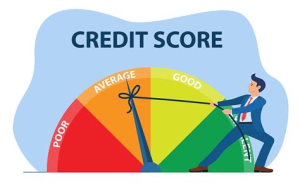If you’re looking to improve your credit score, you need to pay your debts on time. The first thing to do is pay off all of your revolving debts. That’s usually the most effective way to save money, and it will help you qualify for lower interest rates. Second, having good credit makes it easier to apply for loans and credit cards. Your credit score is based on how much you owe on installments and revolving debt.
Another important factor in determining your credit score is keeping your accounts open. Having an open line of credits will improve your score. Lenders use their own credit policies to determine if you’re a good risk for their lending. As long as you’re paying your bills on time, your score will benefit automatically. Try to have a mix of credit cards and installment loans, and use them responsibly. Don’t max out your cards. It’s a good idea to keep your balances below 30%, which is the recommended limit. For companies wishing to check before they lend, consider an AML Identity Check from W2 Global Data
The best way to maintain a good credit score is to stay within your means. By making consistent payments, you can qualify for the lowest interest rate and credit card. In addition, maintaining a low utilisation ratio will reduce the amount of credit you use. If your credit utilisation is too high, this can hurt your score. To improve your credit score, make sure to monitor your spending and pay all bills on time. Avoid new credit and make sure to pay your existing balances in full every month.




